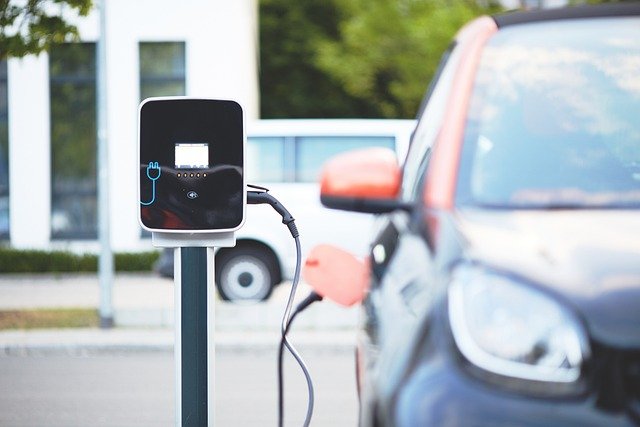Home EV Charging: A Complete Guide to Residential Electric Vehicle Chargers
Installing a home charging solution for your electric vehicle transforms the ownership experience by providing convenient, reliable power whenever needed. As more drivers transition to electric vehicles, understanding residential charging options and installation requirements becomes increasingly important for both current and prospective EV owners.

Understanding Electric Car Charger Types for Home Use
Home EV charging systems typically come in two main varieties: Level 1 and Level 2 chargers. Level 1 chargers use standard 120V household outlets, providing about 3-5 miles of range per hour of charging. Level 2 chargers require 240V power supply, similar to large appliances, and deliver 12-60 miles of range per hour depending on the model and vehicle compatibility.
Essential Considerations for Home EV Charger Installation
Professional installation ensures safety and optimal performance of your home charging system. Key factors include:
-
Electrical panel capacity assessment
-
Proper circuit installation and protection
-
Weather-resistant mounting location selection
-
Cable management and accessibility planning
-
Local building code compliance
-
Permit requirements and inspections
Selecting the Right Residential EV Charging Equipment
When choosing a home charging solution, consider these critical factors:
-
Charging speed requirements
-
Vehicle compatibility
-
Smart features and connectivity
-
Weather resistance rating
-
Cable length and management
-
Warranty coverage
-
Safety certifications
Home EV Charger Costs and Installation
Installation costs and equipment prices vary significantly based on location and specific requirements.
| Component | Typical Cost Range | Notes |
|---|---|---|
| Level 2 Charger | $400-$1,200 | Equipment only |
| Professional Installation | $500-$2,500 | Varies by complexity |
| Electrical Upgrades | $200-$2,000 | If needed |
| Permits | $100-$400 | Location dependent |
Prices, rates, or cost estimates mentioned in this article are based on the latest available information but may change over time. Independent research is advised before making financial decisions.
Common Residential EV Charger Features
Modern home charging systems often include:
-
Smartphone connectivity
-
Energy usage monitoring
-
Scheduled charging
-
Power output adjustment
-
Over-the-air updates
-
Integration with home energy management
-
Load balancing capabilities
Installation Process and Timeline
A typical home EV charger installation involves several steps:
-
Site assessment and electrical evaluation
-
Equipment selection
-
Permit acquisition
-
Professional installation
-
Inspection and certification
-
System testing and activation
The complete process typically takes 1-3 weeks, depending on local permitting requirements and contractor availability. Working with qualified professionals ensures a safe, code-compliant installation that provides reliable charging for years to come.




